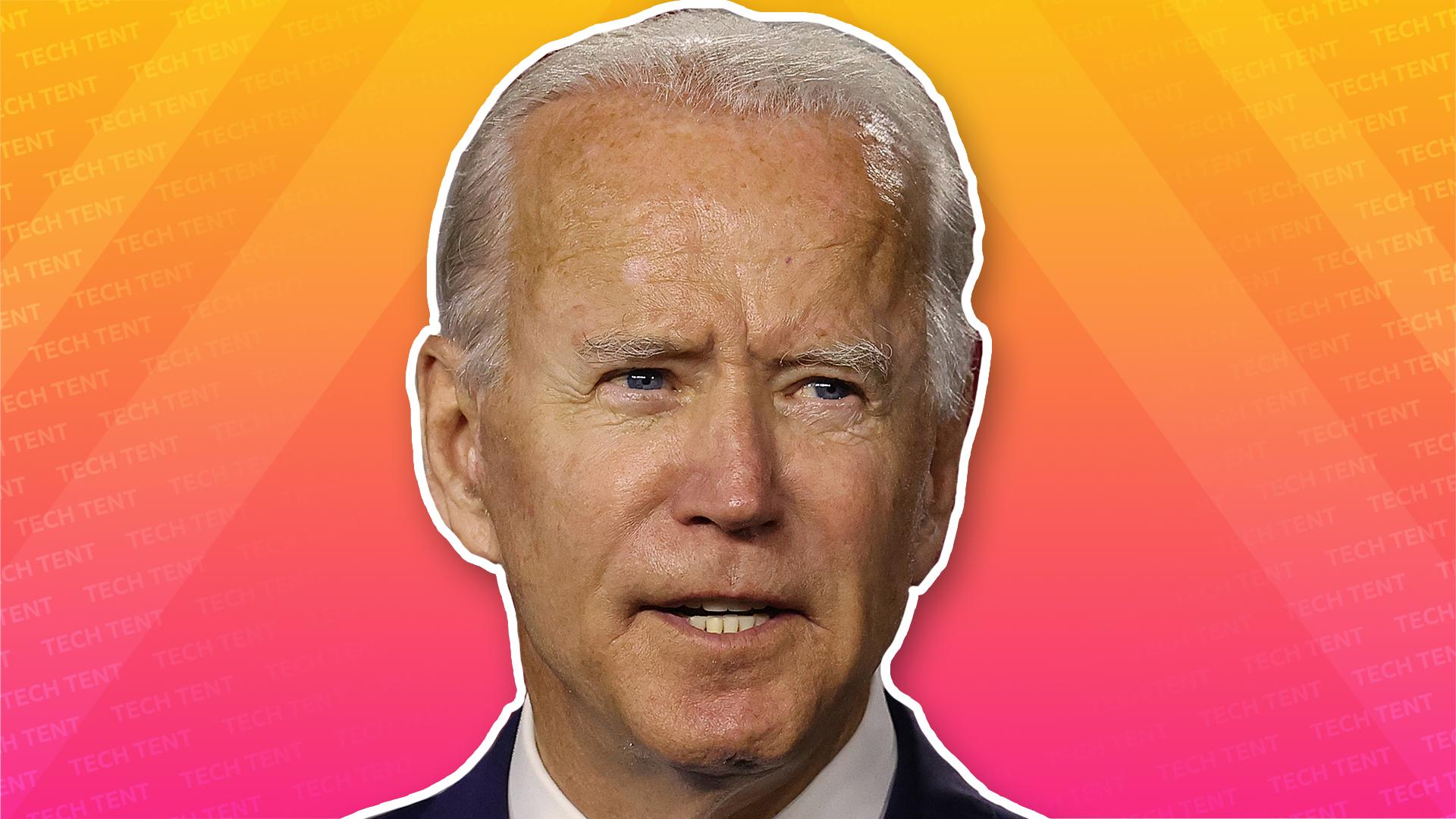Tech Tent: Will Biden bash Big Tech?
- Published

The world's leading technology nation has a new president, and one who seems pretty hostile to Silicon Valley.
On this week's Tech Tent, we ask just what a Biden administration might have in store for America's tech giants.


It is clear that the mood music is not good.
Our North America technology reporter James Clayton points out that the Biden camp has been talking negatively about tech companies, and in particular social media, for quite a while.
Senator Amy Klobuchar, who had a leading role at Wednesday's inauguration, has even called for radical regulatory action in the form of the break-up of Google.
But Facebook's Mark Zuckerberg, appears to be public enemy number one in the eyes of the new administration.
"He is not a welcome figure at the cocktail party any more," says Sarah Miller, director of the American Economic Liberties Project and a member of the Biden transition team.
"I think Facebook is really broadly seen as the most prominent villain, among all the tech monopolists."
But while Facebook obviously needs to be worried, what is less clear is what form any regulatory action might take.
All the talk has been about Section 230, the 1996 law which protects internet businesses from legal action over what users say on their platforms. It is widely credited with fuelling the growth of America's "dot com" economy.
That it needs to be scrapped is one of the rare things Donald Trump and Joe Biden agree on. How that is to happen, and what might replace it, are far from clear.
One issue is the differing priorities in Congress.
Democrats want companies like Facebook to police content more rigorously, blaming the social media giant for spreading the kind of lies that they believe led to the storming of Congress on 6 January.
Republicans, however, are angry about what they see as a threat to free speech from arrogant companies choosing to silence the likes of Donald Trump.
Self-regulation?
Facebook's decision to refer the Trump ban to its "supreme court", the Oversight Board, is an attempt to take the politics out of that issue.
Lawmakers of all hues are unlikely to be satisfied with that kind of self-regulation, but so far they have come up with few ideas of how the US government could decide for itself what is allowed to happen online.
Whatever emerges, if new regulation proves costly, that could actually end up benefiting the tech titans.
The likes of Facebook can afford to employ tens of thousands of people to moderate content, while scrappy new challengers may be put off entering a heavily regulated market.
If the stock market is any guide, the tech companies may not need to be too frightened of President Biden.
Facebook's shares are recovering from a recent dip and, along with the other big-tech beasts, have boomed during the pandemic, powering the Nasdaq and Dow Jones Index to record highs.
And for all the talk of a tech crackdown in the United States, there may be more serious threats elsewhere.
With Google threatening to pull out of Australia over demands to pay publishers for content and the EU's Margrethe Vestager warning big tech to co-operate or face a patchwork of regulation from each country, the world seems to be at war with Silicon Valley.
The Biden administration may be torn between launching its own offensive or stepping in to defend the companies on which much of America's future prosperity depends.
